
Find Help
More Items From Ergsy search
-

Does stress contribute to nettle rash?
Relevance: 100%
-
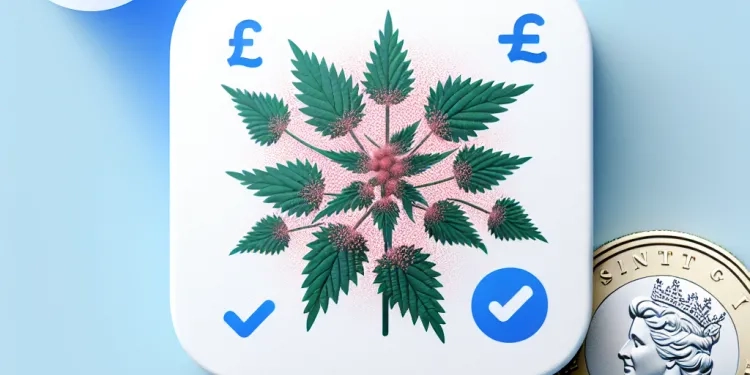
Nettle Rash
Relevance: 92%
-

Nettle rash
Relevance: 91%
-

Is nettle rash contagious?
Relevance: 87%
-

What is nettle rash?
Relevance: 87%
-
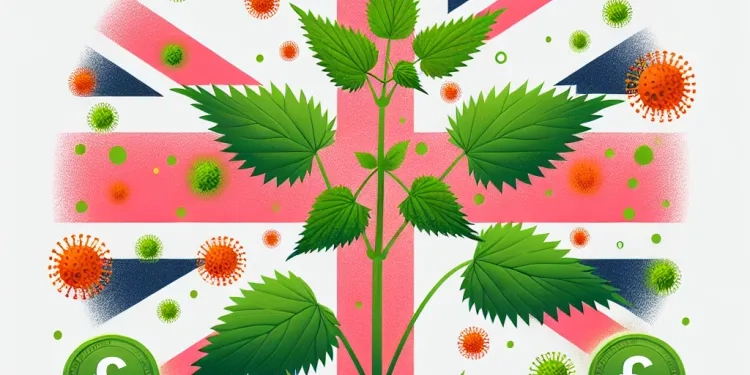
Is nettle rash related to nettle plants?
Relevance: 84%
-
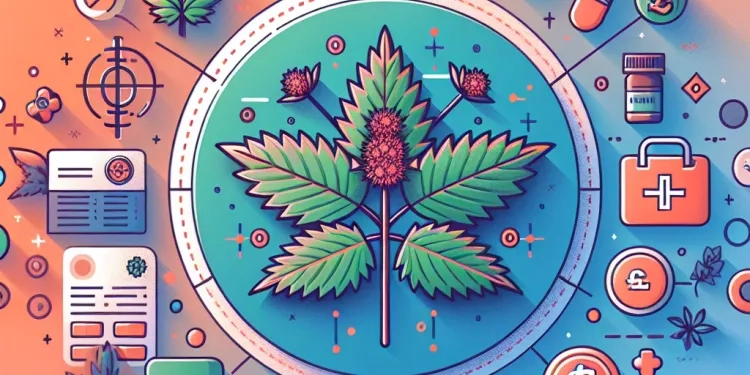
What causes nettle rash?
Relevance: 83%
-

How can nettle rash be treated?
Relevance: 81%
-
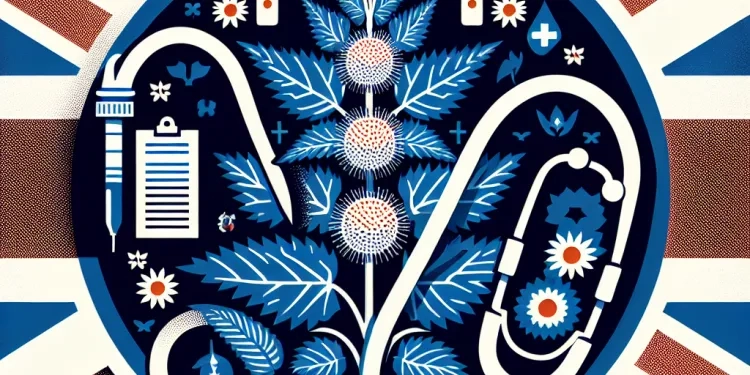
How is nettle rash diagnosed?
Relevance: 80%
-

Can children get nettle rash?
Relevance: 79%
-
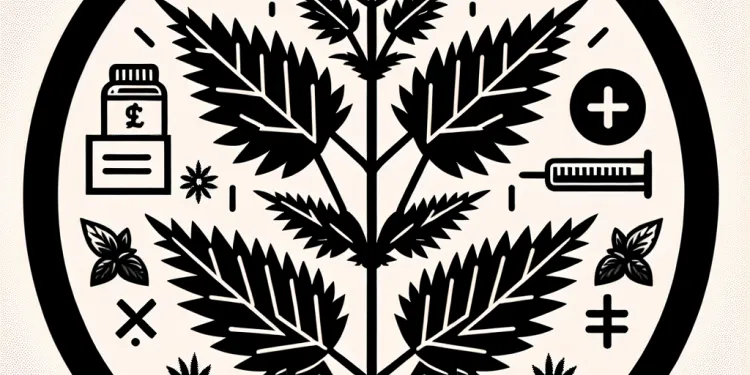
Can nettle rash be prevented?
Relevance: 78%
-
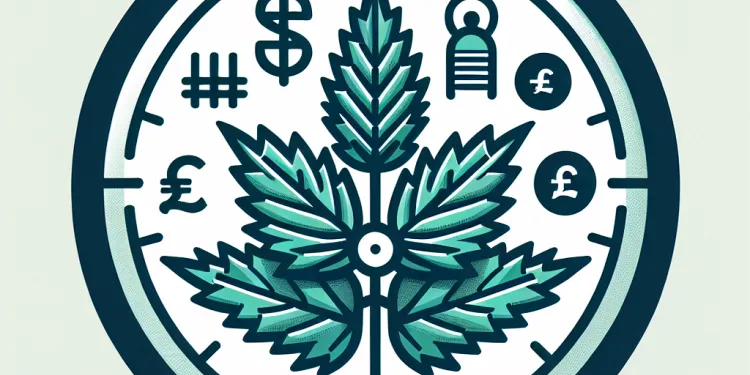
How long does nettle rash last?
Relevance: 78%
-

What are common symptoms of nettle rash?
Relevance: 77%
-

Can nettle rash spread from person to person?
Relevance: 77%
-

What are potential complications of nettle rash?
Relevance: 76%
-

When should I see a doctor for nettle rash?
Relevance: 75%
-

Are there any home remedies for nettle rash?
Relevance: 74%
-

What foods can trigger nettle rash?
Relevance: 71%
-

Can stress trigger shingles?
Relevance: 34%
-
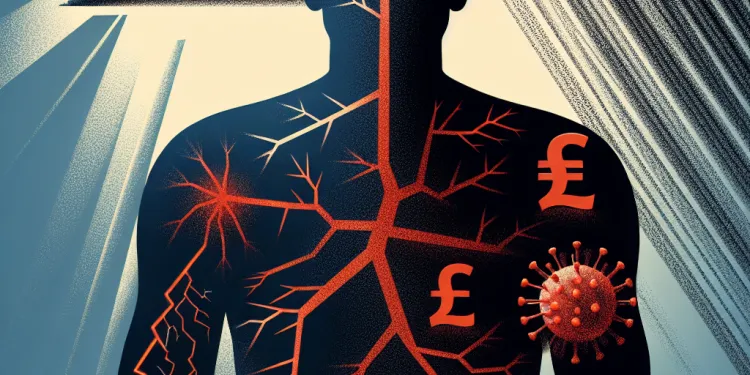
Can stress trigger shingles?
Relevance: 33%
-
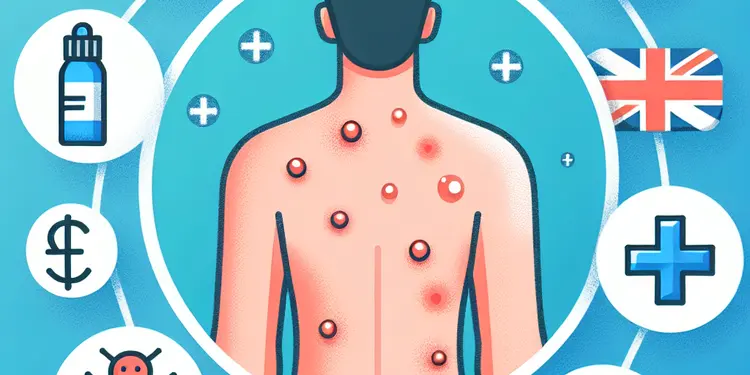
Are skin rashes a side effect of weight loss drugs?
Relevance: 30%
-

Coping with Stress and Anxiety
Relevance: 29%
-

Does stress affect tinnitus?
Relevance: 27%
-

Can stress affect my Type 2 Diabetes?
Relevance: 26%
-

Can stress trigger psoriasis flare-ups?
Relevance: 26%
-

Can stress cause asthma symptoms?
Relevance: 26%
-

Pelvic health: stress urinary incontinence
Relevance: 25%
-

Can stress make Crohn's disease worse?
Relevance: 25%
-

Can stress cause high blood pressure?
Relevance: 25%
-

Can stress management aid in menopause masking?
Relevance: 25%
-

Can stress affect a pregnancy test result?
Relevance: 25%
-

Does stress impact gut health as we age?
Relevance: 25%
-

How can stress management affect cortisol levels?
Relevance: 24%
-

How does cortisol affect the body's stress response?
Relevance: 23%
-

Patient Information Video - Leeds Stress Echocardiography Service
Relevance: 23%
-

How do cortisol levels differ between acute and chronic stress?
Relevance: 23%
-

Mortgage Regulator removes the need for further affordability stress tests
Relevance: 22%
-
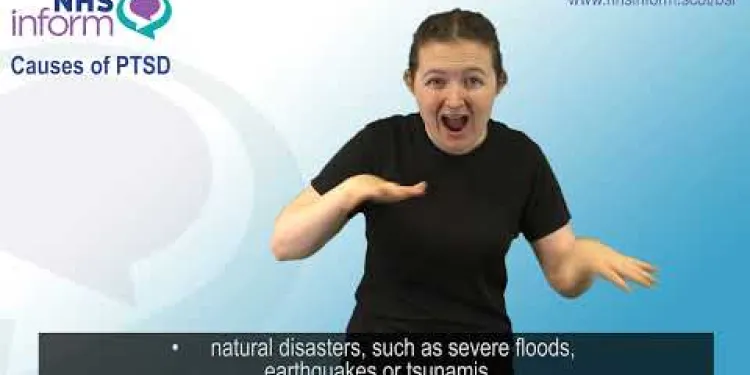
Post-traumatic stress disorder (PTSD) - Introduction
Relevance: 22%
-

How can carers manage stress while caring for someone with Alzheimer's?
Relevance: 21%
-
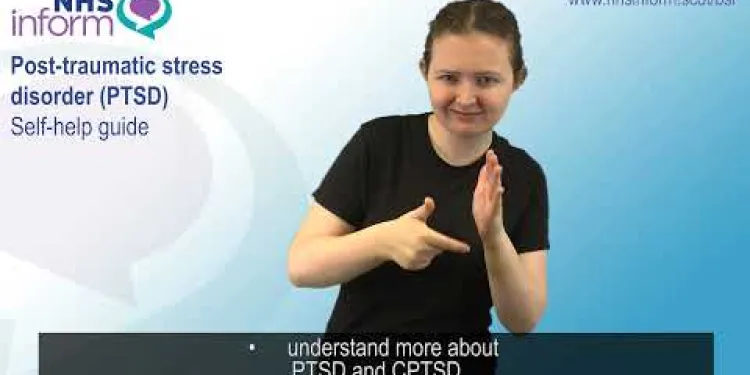
Post-traumatic stress disorder (PTSD) - Self-help guide
Relevance: 21%
Does Stress Contribute to Nettle Rash?
Understanding Nettle Rash
Nettle rash, also known as urticaria or hives, is a common skin condition characterized by a raised, itchy rash. It can vary in size and can appear anywhere on the body. Often, the rash is accompanied by a burning sensation, with the affected area presenting as red welts. The term "nettle rash" refers to the appearance and sensation of the rash, which is similar to the skin reaction from contact with stinging nettles. While many cases are harmless and resolve quickly, understanding the underlying causes is crucial.The Role of Stress
Stress is a well-known trigger for a variety of health conditions, and skin disorders are no exception. When the body is subjected to stress, it releases hormones such as cortisol and adrenaline, which can lead to an inflammatory response. This response may exacerbate pre-existing conditions or trigger new dermatological reactions. In the case of nettle rash, stress can lead to a release of histamines in the skin, causing or worsening the symptoms.Research and Evidence
Numerous studies have explored the connection between stress and skin disorders. Research suggests that individuals experiencing chronic stress are more susceptible to outbreaks of hives. The skin, often referred to as the body's largest organ, is highly sensitive to changes in hormone levels and immune responses influenced by stress. While stress may not directly cause nettle rash, it undoubtedly plays a role in lowering an individual's resistance to factors that do trigger such reactions.Managing Stress-Related Nettle Rash
Addressing the psychological factors can be beneficial in managing nettle rash. Techniques such as mindfulness, meditation, and cognitive-behavioral therapy (CBT) have shown promise in reducing stress levels, subsequently reducing the severity and frequency of outbreaks. Additionally, maintaining a healthy lifestyle, with regular exercise and a balanced diet, supports overall well-being and skin health.Conclusion
In conclusion, while stress is not the sole cause of nettle rash, it plays a significant contributory role in the frequency and intensity of flare-ups. Individuals prone to hives may benefit from stress management techniques as part of a comprehensive approach to controlling their symptoms. Understanding the connection between emotional well-being and skin health can empower individuals to take proactive steps in managing their condition.Does Stress Make Nettle Rash Worse?
What is Nettle Rash?
Nettle rash is a skin problem. People also call it urticaria or hives. It looks like bumpy, itchy spots on your skin. These spots can be different sizes and can show up anywhere on your body. The spots might feel like they are burning and may look red. It feels like when you touch stinging nettles. Nettle rash usually isn't serious and goes away fast, but it's important to know what causes it.How Does Stress Affect the Rash?
Stress can make many health problems worse, including skin problems. When you feel stress, your body makes certain chemicals. These are called hormones. Hormones like cortisol and adrenaline can make your skin react. For nettle rash, stress can make your body release something called histamines, which make the rash worse.What Do Studies Say?
Many studies look at stress and skin problems. They say people who feel stress a lot might get hives more easily. Your skin is very sensitive to changes caused by stress. Stress doesn't directly cause nettle rash, but it can make you more likely to get it.How to Handle Stress-Related Nettle Rash
Taking care of your feelings can help with nettle rash. You can try techniques like mindfulness and meditation, which help you relax. Talking to someone about your feelings, like in therapy, can also help. Exercising often and eating healthy food are good for your skin and overall health.Conclusion
Stress is not the only reason for nettle rash, but it can make it worse. People who often get hives can try stress-relief methods to help manage their rash. Knowing how your feelings can affect your skin can help you take control and feel better.Frequently Asked Questions
What is nettle rash?
Nettle rash, also known as hives or urticaria, is a skin reaction characterised by red, itchy welts.
Can stress cause nettle rash?
Yes, stress can contribute to the development of nettle rash by triggering the release of histamines, which can exacerbate skin reactions.
What are the symptoms of nettle rash?
Symptoms include red, raised welts on the skin, itching, and sometimes a burning sensation.
How does stress impact the skin?
Stress can weaken the immune system and release hormones that increase skin sensitivity and reactivity, leading to conditions like nettle rash.
Are there any other triggers for nettle rash besides stress?
Yes, allergens, certain foods, medications, insect bites, and infections can also trigger nettle rash.
How is stress-related nettle rash diagnosed?
A doctor may diagnose it based on the appearance of the rash and your stress levels or recent experiences.
What treatment options are available for nettle rash?
Treatments include antihistamines, avoiding known triggers, and stress management techniques such as relaxation exercises.
Can lifestyle changes help reduce stress-related nettle rash?
Yes, adopting stress-reduction techniques such as meditation, yoga, and regular exercise can be beneficial.
Is nettle rash contagious?
No, nettle rash is not contagious and cannot be spread from one person to another.
Can stress cause other skin conditions?
Yes, stress can also exacerbate conditions like eczema, psoriasis, and acne.
How long does nettle rash typically last?
Nettle rash may last for several hours to a couple of days, but chronic cases can persist for six weeks or more.
Can children get stress-related nettle rash?
Yes, children can also experience nettle rash triggered by stress or anxiety.
Should I see a GP for nettle rash?
If the rash persists, is severe, or is accompanied by other symptoms, consulting a GP is advised.
Are there any home remedies for managing nettle rash?
Cool compresses, wearing loose clothing, and using calamine lotion can help soothe the skin.
Can a healthy diet help manage stress-related skin conditions?
Yes, a balanced diet rich in nutrients can support the immune system and reduce stress levels.
What is nettle rash?
Nettle rash is when your skin gets itchy and red. It looks like small bumps. It can happen when you touch a plant called a nettle.
If you or someone you know gets a nettle rash, you can try these things to feel better:
- Wash the skin with cool water.
- Put a cold cloth on the rash to help with itching.
- Tell an adult if it does not get better.
Nettle rash is when your skin gets red and itchy. It is also called hives. You might see bumpy spots on your skin.
Can stress make your skin itchy like a nettle rash?
Yes, being stressed can make nettle rash happen. When you are stressed, your body lets out something called histamines. This can make your skin get itchy and red.
What happens when you have a nettle rash?
Nettle rash is when your skin gets red and itchy. It might look like small bumps or patches.
To help, you can:
- Put a cold, wet cloth on the rash to feel better.
- Ask an adult to help you get special cream from the doctor or pharmacy.
If you have hives, you might see red bumps on your skin. They can be itchy and sometimes feel hot.
What does stress do to the skin?
When you feel stressed, your skin can have problems.
Stress might make your skin itchy or red.
It can cause pimples or make skin feel dry.
Here are some ways to help:
- Take deep breaths to calm down.
- Drink plenty of water.
- Get good sleep at night.
When we feel stressed, our body can become weaker. Stress can also make special chemicals, called hormones, come out. These hormones can make our skin feel itchy or sore. That’s how stress can cause skin problems like nettle rash.
What else can cause nettle rash besides stress?
Some people get itchy bumps on their skin called nettle rash. Stress can be one reason for nettle rash. But there are other things that can cause it too. Here are some: - **Foods**, like nuts or berries - **Insects**, like bee stings - **Plants** that you touch - **Animals**, like cats or dogs - **Weather**, if it's very hot or cold If you have nettle rash, a doctor can help you. You can use some creams to feel better. Ask a friend or family for help if you need it.Yes, nettle rash can happen because of allergies, certain foods, medicines, insect bites, and infections.
How do doctors know if you have a rash from stress?
A doctor can tell what the rash is by looking at it. They might also ask if you are feeling stressed or have had any big changes in life lately.
What can you do to feel better if you have nettle rash?
Treatment includes taking medicine to stop allergies, staying away from things that cause allergies, and doing things to relax and feel calm.
Can changing your daily habits help with stress-related skin rashes?
If you are feeling very stressed, you might get itchy red bumps on your skin.
Simple changes in your life can help. Try things like:
- Getting good sleep
- Eating healthy food
- Doing exercise like walking or stretching
- Talking to someone you trust about your feelings
- Relaxing with deep breaths or calming music
These steps can make you feel better. But always talk to a doctor if the rash doesn't go away. They can help you too.
Yes, doing things to feel less stressed can help. You can try meditation, yoga, or exercise. These are good for you.
Can you catch nettle rash from someone?
Nettle rash, also called hives, makes your skin red and itchy. It is not something you can catch from another person. If you have nettle rash, you do not need to stay away from others.
If you have nettle rash and feel worried or itchy, you can:
- Use a cool, wet cloth on your skin.
- Take an antihistamine if your doctor says it is okay.
- Wear loose clothing.
If the rash does not go away or if you feel very unwell, talk to a doctor.
No, you can't catch nettle rash from someone else. It doesn't spread from one person to another.
Can stress affect your skin?
Stress can change how your skin looks and feels. If you are worried or upset, your skin might get red or itchy. This is because your body is reacting to stress.
Here are some tips to help you feel better:
- Take deep breaths to calm down.
- Talk to someone you trust about your feelings.
- Try drawing or writing about what you feel.
- Get enough sleep so your body can rest.
Yes, stress can make skin problems like eczema, psoriasis, and acne worse.
How long does nettle rash usually last?
Nettle rash is when your skin gets red and itchy. It can last for a few hours or a couple of days. But if you have it for a long time, it can last six weeks or more.
Can kids get a rash from stress?
Yes, kids can get a rash from nettles when they feel worried or scared.
Should I see a doctor for nettle rash?
If you have a nettle rash, you might wonder if you need to see a doctor. Here are some tips to help you decide:
- If the rash is very painful or itchy, see a doctor.
- If the rash does not go away in a few days, see a doctor.
- If you have trouble breathing or feel dizzy, go to the doctor right away.
Remember, sometimes you can treat a nettle rash at home. You can try:
- Washing the rash with cold water.
- Using a cream that stops itching.
- Asking an adult to help you.
Tools that might help:
- A magnifying glass to see the rash better.
- A soothing cream for your skin.
Always ask for help if you feel worried.
If the rash does not go away, is very bad, or comes with other problems, it is a good idea to see a doctor.
How can I treat nettle rash at home?
Nettle rash can make your skin red and itchy. Here are some simple ways to feel better at home:
- Cool Water: Wash the area with cool water. It can help with the itchiness.
- Ice Pack: Put a cold pack or ice wrapped in a cloth on the rash. This can reduce swelling and itching.
- Aloe Vera Gel: Use aloe vera gel. It can soothe and cool your skin.
- Baking Soda Paste: Mix baking soda with a little water. Put the paste on the rash. It can help stop the itch.
If the rash does not go away or gets worse, talk to an adult or a doctor. They can help you feel better.
To feel better, you can try these things:
- Put a cool cloth on your skin.
- Wear loose clothes.
- Put on calamine lotion.
Can eating healthy food help with skin problems caused by stress?
Eating good food can help you feel better. It might also help your skin if stress makes it itchy or red.
Try these ideas:
- Eat lots of fruits and vegetables.
- Drink plenty of water.
- Avoid too much sugar and junk food.
If you are worried about your skin, talk to a doctor. They can help you find what is best for you.
Yes, eating healthy foods can help your body fight germs and make you feel less stressed.
Useful Links
This website offers general information and is not a substitute for professional advice.
Always seek guidance from qualified professionals.
If you have any medical concerns or need urgent help, contact a healthcare professional or emergency services immediately.
Some of this content was generated with AI assistance. We’ve done our best to keep it accurate, helpful, and human-friendly.
- Ergsy carfully checks the information in the videos we provide here.
- Videos shown by Youtube after a video has completed, have NOT been reviewed by ERGSY.
- To view, click the arrow in centre of video.
- Most of the videos you find here will have subtitles and/or closed captions available.
- You may need to turn these on, and choose your preferred language.
- Go to the video you'd like to watch.
- If closed captions (CC) are available, settings will be visible on the bottom right of the video player.
- To turn on Captions, click settings .
- To turn off Captions, click settings again.
More Items From Ergsy search
-

Does stress contribute to nettle rash?
Relevance: 100%
-

Nettle Rash
Relevance: 92%
-

Nettle rash
Relevance: 91%
-

Is nettle rash contagious?
Relevance: 87%
-

What is nettle rash?
Relevance: 87%
-

Is nettle rash related to nettle plants?
Relevance: 84%
-

What causes nettle rash?
Relevance: 83%
-

How can nettle rash be treated?
Relevance: 81%
-

How is nettle rash diagnosed?
Relevance: 80%
-

Can children get nettle rash?
Relevance: 79%
-

Can nettle rash be prevented?
Relevance: 78%
-

How long does nettle rash last?
Relevance: 78%
-

What are common symptoms of nettle rash?
Relevance: 77%
-

Can nettle rash spread from person to person?
Relevance: 77%
-

What are potential complications of nettle rash?
Relevance: 76%
-

When should I see a doctor for nettle rash?
Relevance: 75%
-

Are there any home remedies for nettle rash?
Relevance: 74%
-

What foods can trigger nettle rash?
Relevance: 71%
-

Can stress trigger shingles?
Relevance: 34%
-

Can stress trigger shingles?
Relevance: 33%
-

Are skin rashes a side effect of weight loss drugs?
Relevance: 30%
-

Coping with Stress and Anxiety
Relevance: 29%
-

Does stress affect tinnitus?
Relevance: 27%
-

Can stress affect my Type 2 Diabetes?
Relevance: 26%
-

Can stress trigger psoriasis flare-ups?
Relevance: 26%
-

Can stress cause asthma symptoms?
Relevance: 26%
-

Pelvic health: stress urinary incontinence
Relevance: 25%
-

Can stress make Crohn's disease worse?
Relevance: 25%
-

Can stress cause high blood pressure?
Relevance: 25%
-

Can stress management aid in menopause masking?
Relevance: 25%
-

Can stress affect a pregnancy test result?
Relevance: 25%
-

Does stress impact gut health as we age?
Relevance: 25%
-

How can stress management affect cortisol levels?
Relevance: 24%
-

How does cortisol affect the body's stress response?
Relevance: 23%
-

Patient Information Video - Leeds Stress Echocardiography Service
Relevance: 23%
-

How do cortisol levels differ between acute and chronic stress?
Relevance: 23%
-

Mortgage Regulator removes the need for further affordability stress tests
Relevance: 22%
-

Post-traumatic stress disorder (PTSD) - Introduction
Relevance: 22%
-

How can carers manage stress while caring for someone with Alzheimer's?
Relevance: 21%
-

Post-traumatic stress disorder (PTSD) - Self-help guide
Relevance: 21%


